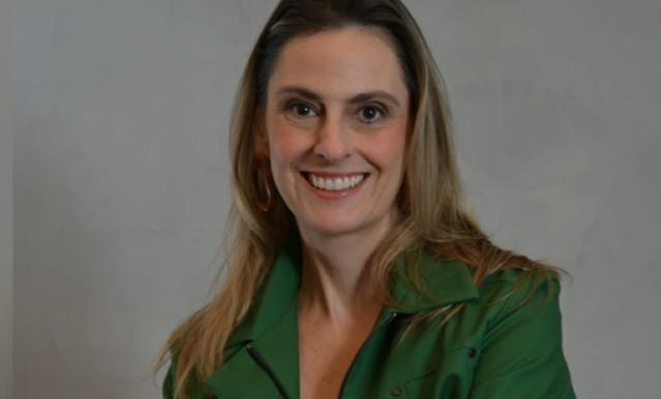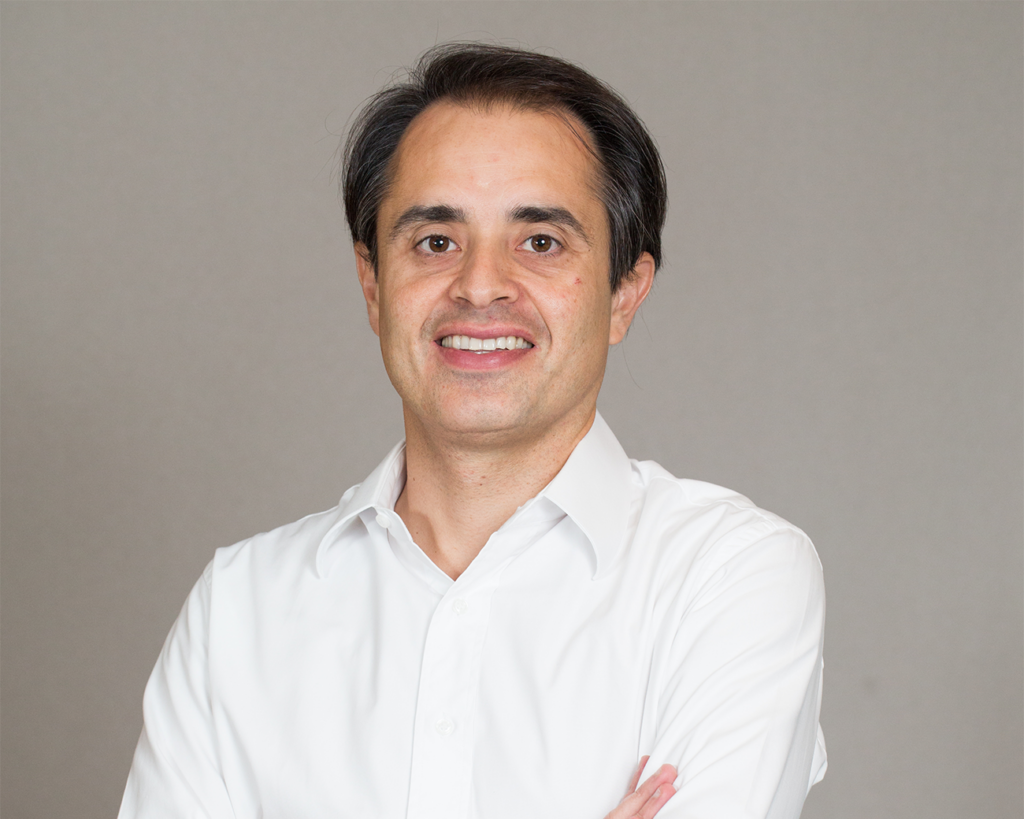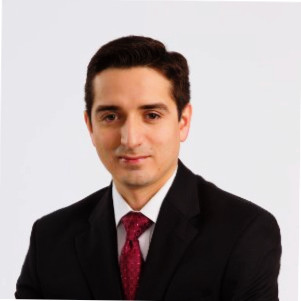Member Profiles
An Interview with Ettore Biagioni, Alothon Group
24 March 2011

LAVCA recently spoke with Ettore Biagioni, Managing Partner of Alothon Group, about the firm’s recent investments and impressions about the Brazilian market becoming overheated.
LAVCA: Please give us some background on Alothon Group.
Biagioni: Alothon Group is a private equity firm with a focus on mid to late stage buyouts in Latin America, principally Brazil, but also potentially other countries in the region including Chile and Colombia. Alothon was established by the members of the Latin America private equity team of Deutsche Bank and previously Bankers Trust. We have invested over $500 million in 32 businesses in Latin America. Alothon Group currently manages two funds: the Alothon Cristal Fund and Alothon Fund II. The Alothon team has over 115 years of collective experience investing in the region. Our management team has worked together for over 14 years and is a combination of seasoned private equity professionals and experienced Latin American business managers, each with over 20 years of operating experience.
LAVCA: What factors led you to start your firm?
Biagioni: As part of Deutsche Bank’s decision to exit the private equity business worldwide, in 2004 the Alothon team and Deutsche Bank reached an agreement to spin-off from the bank and to advise on the portfolio the team had invested in while at Deutsche Bank and Bankers Trust.
LAVCA: Which geographies and/or sectors are most interesting to you right now? Why?
Biagioni: From a geographical perspective, we seek investments in countries that have attractive growth prospects, a deep pool of management talent, meaningful domestic markets, and an open economy. Currently, we believe that Brazil, Chile and Colombia are the countries in the region that predominantly meet these criteria.
The key component of our investment strategy is to invest in control or co-control positions in businesses that will primarily benefit from the growth in the middle class and from the evolution of consumption habits in both goods and services. Our current investments and pipeline include: food and beverages, healthcare, telecom, consumer products and services, and IT companies.
LAVCA: Alothon has a large focus on Brazil. Do you feel the market is overvalued today?
Biagioni: The Brazilian middle market private equity space where Alothon invests continues to offer attractive opportunities, particularly outside the main economic hubs such as São Paulo. The increase in interest rates and increase in required minimum bank reserves have limited the financing options for medium-sized companies in Brazil, creating opportunities for private equity investors. Also, we feel there is an under-penetration in the Brazilian middle market by investment banks and M&A advisory firms, which allows us to pursue investments in a non-competitive process. Last, the lack of new IPOs during the past two years in Brazil and the current volatility of the stock market have tempered sellers’ valuation expectations.
LAVCA: What is your ideal investment size?
Biagioni: Our investments range between US$10 million to US$60 million, with an average investment size of US$30 million.
LAVCA: What is your most recent investment? What unique actions are you taking to add value to the company from an operational standpoint?
Biagioni: Our team includes individuals who have significant operational knowledge and a strong track record, having held senior positions running businesses. With this expertise, we are actively engaged with the portfolio companies to help institutionalize their business, their operations and their senior managers.
Our most recent investment was Industria Riograndese De Oleos Vegetais Ltda. (“Irgovel”), based in the Brazilian state of Rio Grande do Sul. Irgovel is the leading rice bran food ingredients producer in Brazil, with the capability and know-how to process and market food grade rice bran oil and rice bran-based co-products. Our investment is providing Irgovel with the ability to increase manufacturing capacity and expand its product line further into rice based food ingredients for human consumption, an area of increasing demand in both Western and Asian countries. After the expansion is completed in the next 12 months, Irgovel expects its revenues will more than double.
LAVCA: Late last year CapGemini acquired 55% of your portfolio company CPMBraxis. Alothon, along with Bradesco, Braxis, Gávea and Grupo Suzano maintain the other 45%. Can you provide us with more insight into the deal and plans for a full exit?
Biagioni: In September 2010, CPMBraxis shareholders reached an agreement to sell 55% of the company to Cap Gemini. The transaction placed the enterprise value of CPMBraxis at just under R$1 billion (approximately US$602 million). The deal will enable CPM Braxis to benefit from Cap Gemini’s key strengths, and Cap Gemini will considerably boost its presence in Brazil, which recently has become an IT services market amongst those with the highest potential in the world.
As part of the transaction, an option agreement was included whereby Cap Gemini has an opportunity to buy the remainder of CPM Braxis’ shareholders and the minority shareholders have an option to sell their remaining shares, over a period of time.
LAVCA: Who are your top three LPs? How do you attempt to mitigate currency risk for your LPs?
Biagioni: Our lead LPs are Credit Suisse, Goldman Sachs, and Partners Group.
Investing in Brazil and the rest of Latin America carries the risk of currency fluctuations against the home currency of our investors. Those fluctuations can be unfavorable or favorable, just like they are for most international investments. Recently, we have seen favorable movements. For example, the Brazilian currency has strengthened against most developed countries currencies. In our experience, the discipline of investing at conservative values in companies that grow in excess of the country’s GDP provides a reasonable buffer, over time, to unfavorable foreign exchange fluctuations.
LAVCA: What is your long term strategy for investing in Latin America, say over the next 5 years?
Biagioni: We expect we will continue to make control investments in businesses that will benefit from the growth of the middle class and the evolution of its consumption habits. We anticipate that Brazil will remain the key focus of our strategy but we will continue to look closely at other markets, particularly Chile and Colombia, to identify attractive investment opportunities.
LAVCA: You’ve been doing business in Latin America since the mid-1980s. What can you tell us about the most promising changes you’ve seen for private equity over this time period? What changes do you feel still need to be made in order to grow opportunities for private capital investments in the region?
Biagioni: Over the last couple of decades we have seen the region undergo a series of macro-economic cycles and positive transformations. The introduction of free-floating exchange rates, the control of inflation, and fiscal discipline have created a macroeconomic environment that has become more attractive and conducive to private equity investment. In Brazil, the increased push for improved corporate governance and minority rights protection in listed companies has also improved the probability for public market exits, although IPOs are still limited by other factors, such as the high degree of dependence on foreign investors.
In Brazil, these structural improvements need to be augmented by reform and simplification of the labor and tax regulations, which currently place a high financial burden on middle market companies and often leads to informality and limits their ability to raise equity capital.
You may be interested in...
-

Luciana Antonini Ribeiro, eB Capital
Executive: Luciana Antonini Ribeiro, Co-Founder and CIO Member Name: eB Capital Year...
-

Cristiano Gioia Lauretti, Kinea Private Equity
Member: Kinea Executive: Cristiano Gioia Lauretti, Head of Private Equity HQ: São...
-

Maria Pia Iannariello, MGM Innova Capital
LAVCA recently spoke with Maria Pia Iannariello, Co-Founder & COO of MGM Innova Capital,...
-

Rafael Ramirez, Portfolio Manager, Alaska Permanent Fund Corporation
LAVCA recently spoke with Rafael Ramirez, Portfolio Manager– Private Equity &...
